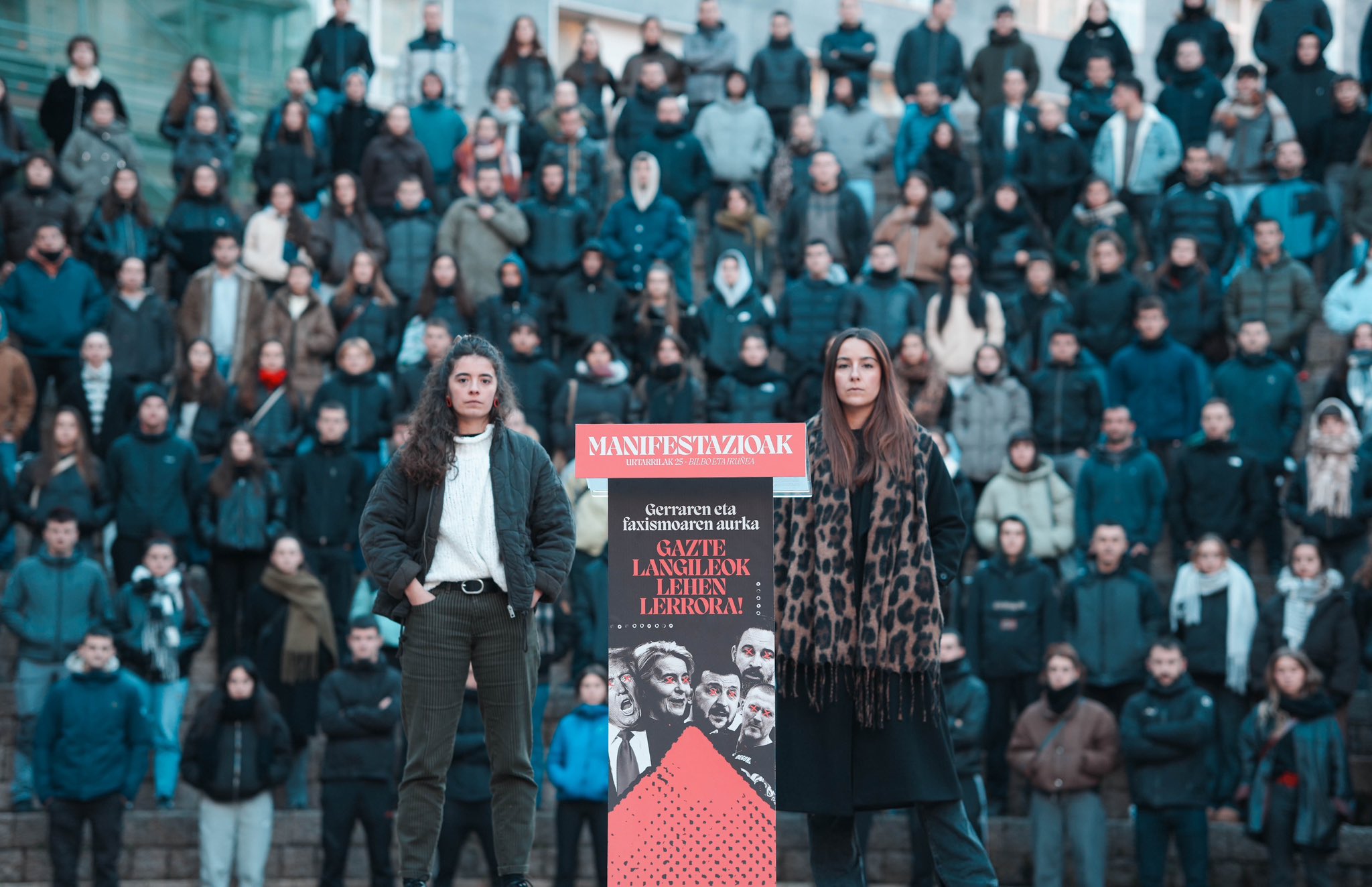Report for conversation with Ainara Uriarte and Ander Molfishes of 3rd of IES San Ignacio, Nahikari Iglesias of 4th of Ikastola de Deusto, Garazi Irizar of 1st of Bachillerato of IES Botikazar and Libe Díaz de Argandoña of 1st of Kolbaranda.
The five are members of the Basque Commissions. These commissions are part of the project ‘On the way to make the centers of Deusto a breathing space’, dynamized by the Association of Euskera Berbaizu. The objective of the project is to promote Euskera among young people in the educational centers of Deusto, creating resources and structures for it. Supported by the funding of the City Council of Bilbao, a coordinator is responsible for dynamizing the groups in these centres.
In all public secondary schools in Deusto there is an Euskera Commission. Despite their short four-year trajectory, they have little in this section. In each center there is a group of students that meet with the objective of promoting the Basque in the area and that brings the Basque country to the place where it goes.
The change in language habits is a great challenge for the ESO students. In the class they meet with the usual friends, and in many cases they have the habit of speaking in Spanish. Turning that around is not an easy task. In the Commissions of the Basque Country of San Ignacio and of Deusto games are mainly performed, and the participants want to be an example to bring the Basque to their surroundings. Ainara Uriarte and Ander Molpeceres are in the third year of the San Ignacio Institute and aim to “promote Euskera among friends”, beyond the formal scope.
“We do not want everyone to speak in Basque,” says Ainara Uriart- but, at least, we want you to be able to speak in Basque calmly and not discriminated against for speaking in Basque.” “Sometimes we are weirdly stared for speaking in Basque out of class,” added Molpeceres. In this sense, Uriarte clarified that “the Euskera Commission is a place to speak in Euskera with peace of mind”.
Nahikari Iglesias, from 4th of the Ikastola de Deusto, has a similar desire: “I would like people to speak Basque gladly, not because they force him to do so in school. I believe that people have to value Euskera more, because it is our language and we do not want to lose.”
In the case of Baccalaureate students it is usually easier to change language habits, as the first contacts with classmates are established, so it is easier to speak in Basque. This is explained by Garazi Irizar of the Botikazar Institute: “In the ESO we were lifelong friends and we were used to going to Spanish, but as in Bachillerato we did not know, from the beginning the relationship has been easier to create in Basque”. In addition, this year Euskaraldia has been produced at the beginning of the course, and the Botikazar and Ibarrekolanda Institutes are heavily influenced. “I in Euskaraldia noticed a tremendous change, especially in my crew. Then the impact has been weakened,” explains Libe Díaz de Argandoña.
However, in Botica Vieja and Ibarrekolanda they also have difficulties to activate the vasco-speakers. According to Libe, “it’s very difficult, but if you build the relationship between two people in Euskera, it’s easier for the people around us to follow.” Garazi Irizar agrees with his statements, but believes that “the positive attitude of others is very important, because if not, it is very difficult to maintain the option.”
Without Borders for the Basque Country
In general, all students interviewed are “very happy” with the work done and the experience lived in the Commission. All of them have made a very positive assessment of the course. “I’ve had a very good time in the Euskera Commission – Nahikari Iglesias tells us – it’s something different.” It should be noted that the Ikastola de Deusto this year has suffered some problems in organizing activities, as the measures against Covid-19 have limited its students more than in other educational centers. The organization of the Korrika inside the school, however, due to the sanitary measures, could not be carried out, which weakened the group until every Monday they stopped meeting.
At the San Ignacio Institute, however, they have been able to do more. During the course games have been held among the members of the committee every Tuesday. Being the largest classroom in the school, they have gathered in the library and have had to work with the windows open and four in four. In addition, within the framework of the Culture Week held each year at the institute, a Kultur Festibala has been organized. On their proposal, they organized a parade of characters related to the Basque culture.
“We haven’t been able to do a lot for Covida, but we’ve done what we could do,” the saninacionists told us. They have already looked at next year, and they have no idea for the future. The idea is to run a radio program to work orality. They would like to interview the teachers and teachers to get to know them more deeply in a pleasant and friendly space.
On the other hand, the Ibarrekolanda and Botikazar institutes have organized activities on an uninterrupted basis during school hours. At the beginning of the course, the Ibarrekolanda took a trip to Gasteiz to get to know the Errekaleor Free District and the Center of the Basque Country Ohianeder. However, the students of Old Botica could not go to Vitoria-Gasteiz because the borders were closed when they were going, and Garazi believes that this has affected them in the group: “I think that’s what has affected us, because we haven’t been a very united group. At first we were a lot of partners and now we are just 5-6 people. We’ve done a few things, but I think we could do more.”
Among the programmed activities are the information about Euskaraldia, the distribution of sheets and the organization of the Basque Day act. During the days when you should run, they traveled about 60 kilometers per class, just like they did in Ibarrekolanda. Between the two schools they traveled 130 kilometers in the patio of their respective schools. In Ibarrekolanda, moreover, the Korrika was organized in two classrooms: while one ran, the other was in the mintzodromo. “We had a great time,” says Libe Díaz de Argandoña. The students of Ibarrekolanda, in addition, went through the ESO groups in Euskaraldia doing Mihiluze competitions.
The course has ended with two soccer and volleyball championships in the localities of Ibarrekolanda and Botica. The only condition for participating in the competition has been to speak in Basque. With a view to the next course, they want to carry out more activities related to sport, with the aim of disseminating the Basque country.
In general, they are not known among the Basque Commissions of the centers. The next course will try to complete and consolidate that relationship, at least between Ibarrekolanda and Botica. They have already made a first effort: they took a day to be together and to share opinions. In the morning they made some games to discuss the Basque, and then they all ate together at the Herriko Taberna de Deusto.
This objective is intended to fulfill the next course with the Oz dynamic. Ozene's goal is to denounce the violations of the rights of the Basque Country and to create tools to translate the linguistic landscape well. Thus, they want to extend to the streets of Deusto the work they do in the schools, “not only with the intention of euskaldunizar the people, but also to denounce the violations of rights that we find in society, for the trade to be Euskaldun or for it to have a satisfactory bilingualism”, can be read on the website of the Commissions of Euskera.





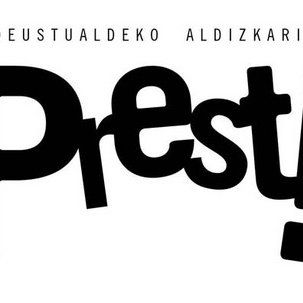

_content.jpg)






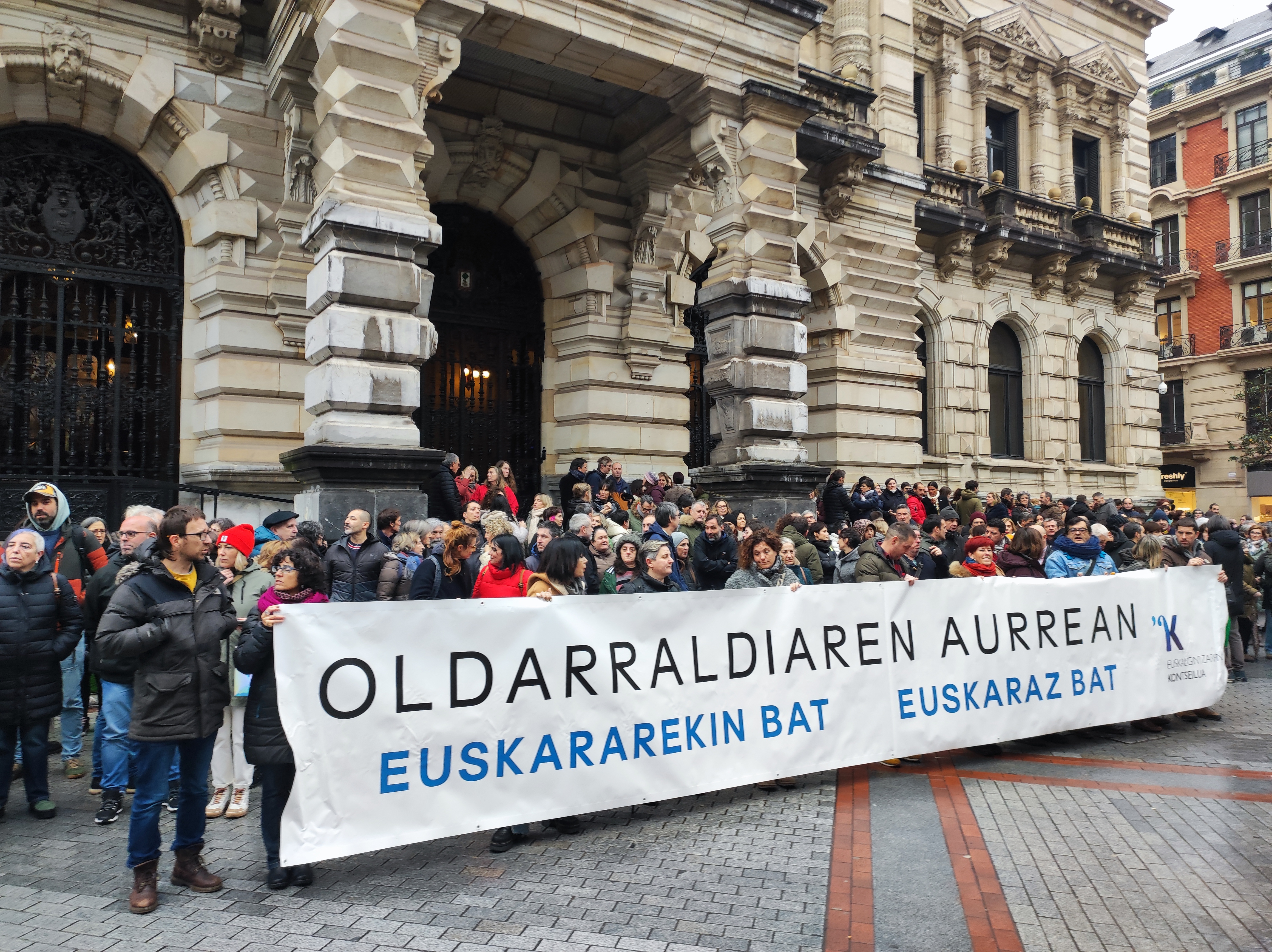



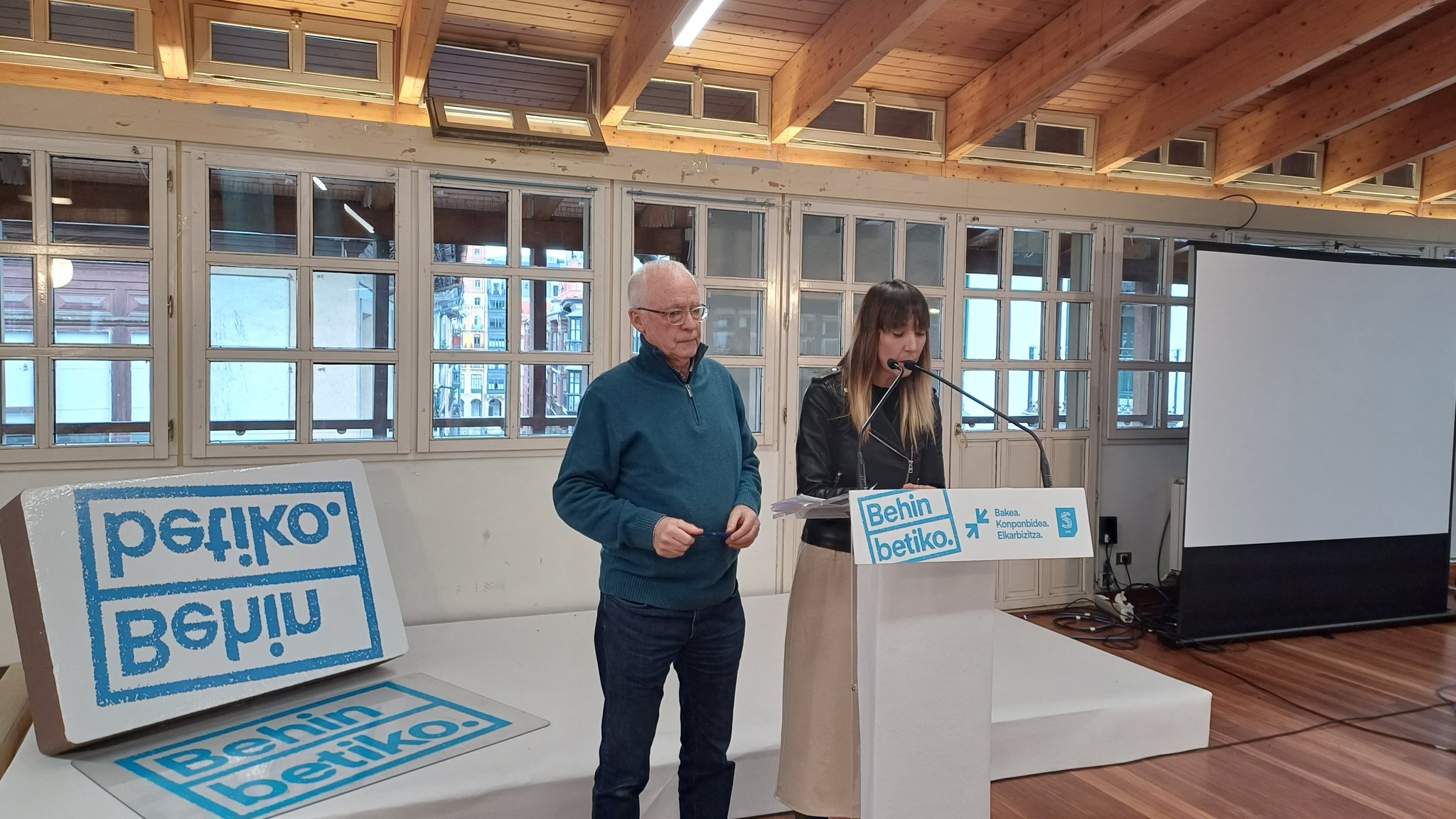


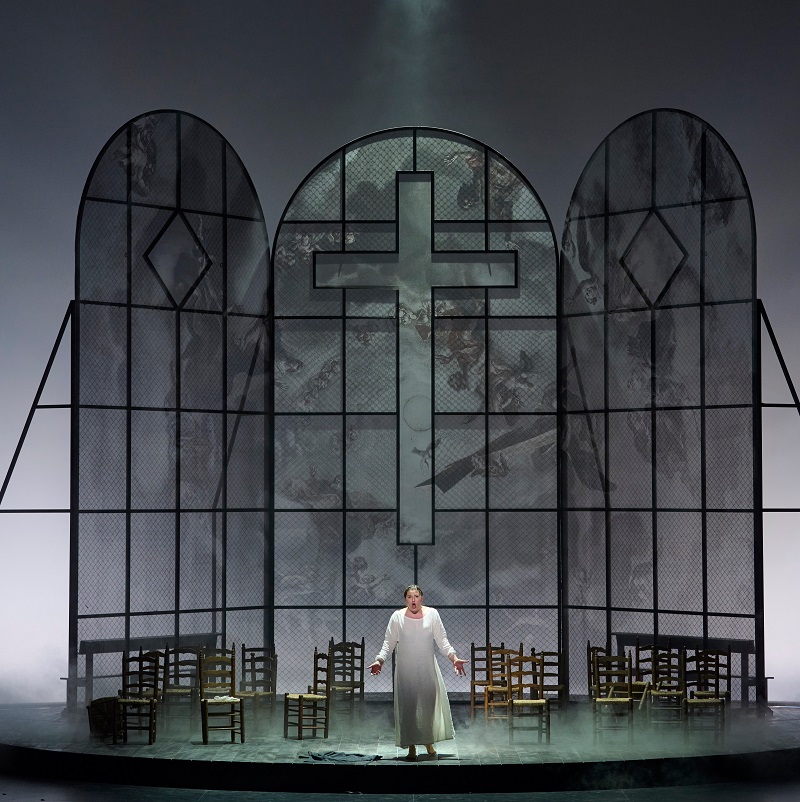
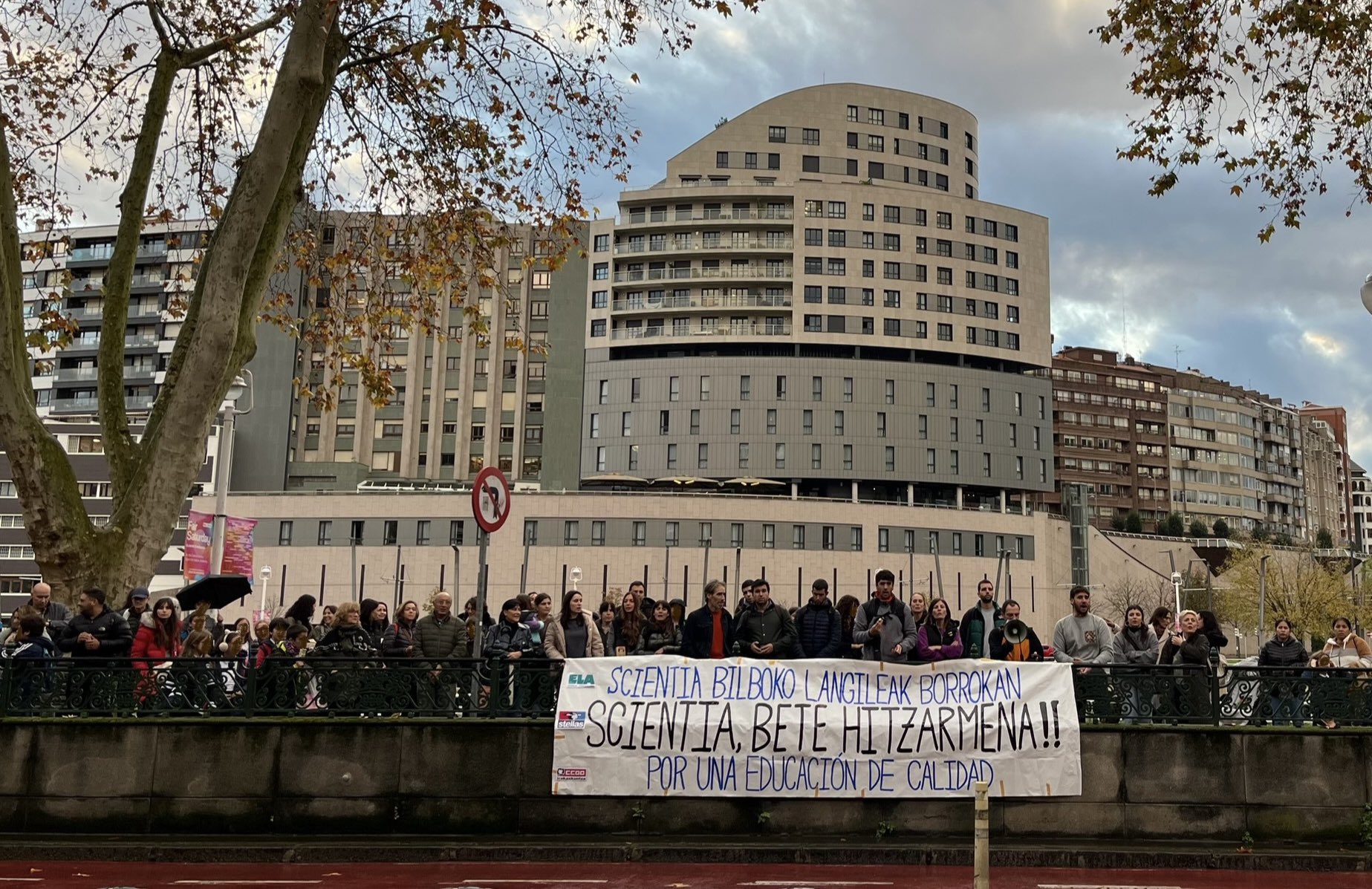
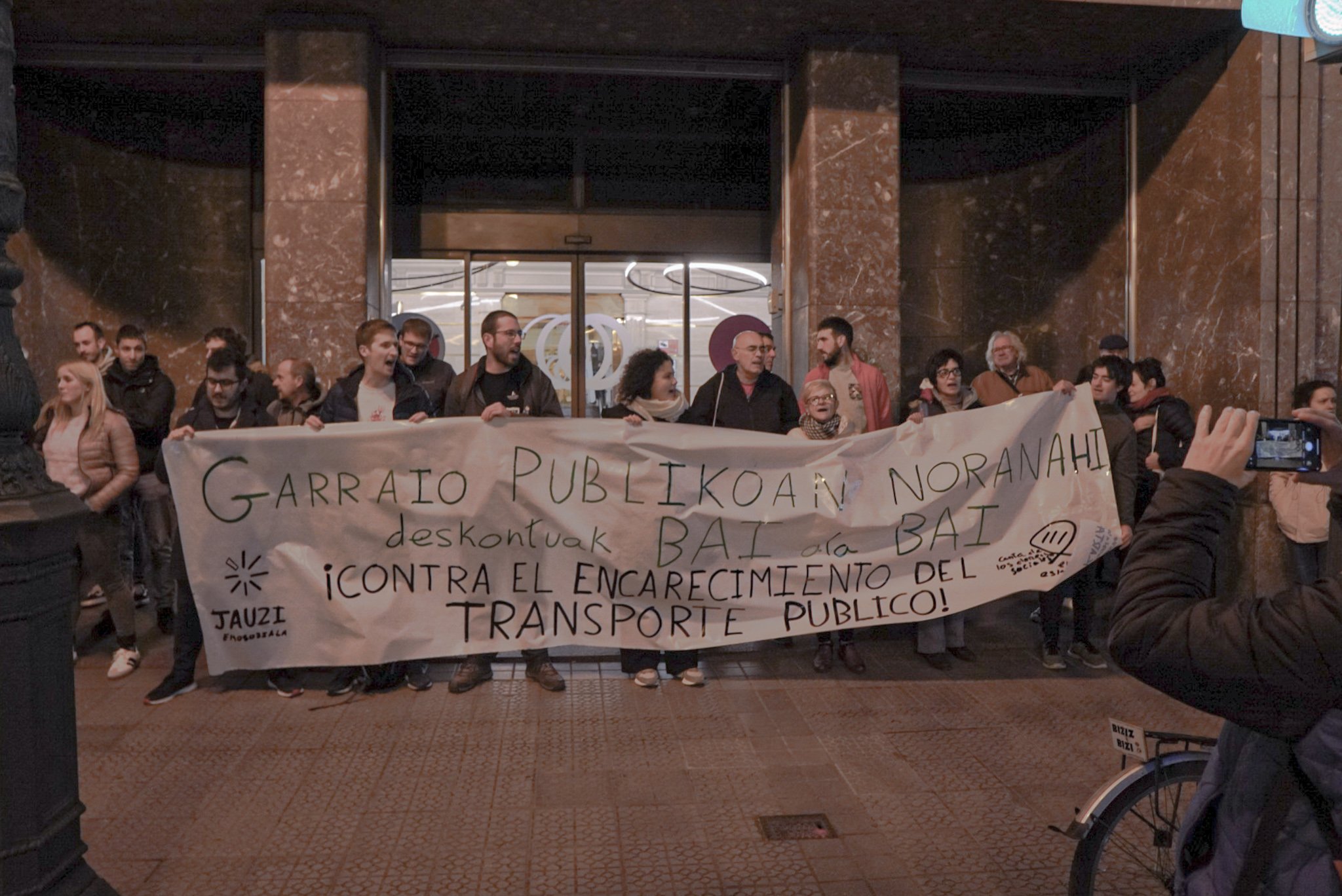
.jpg)


